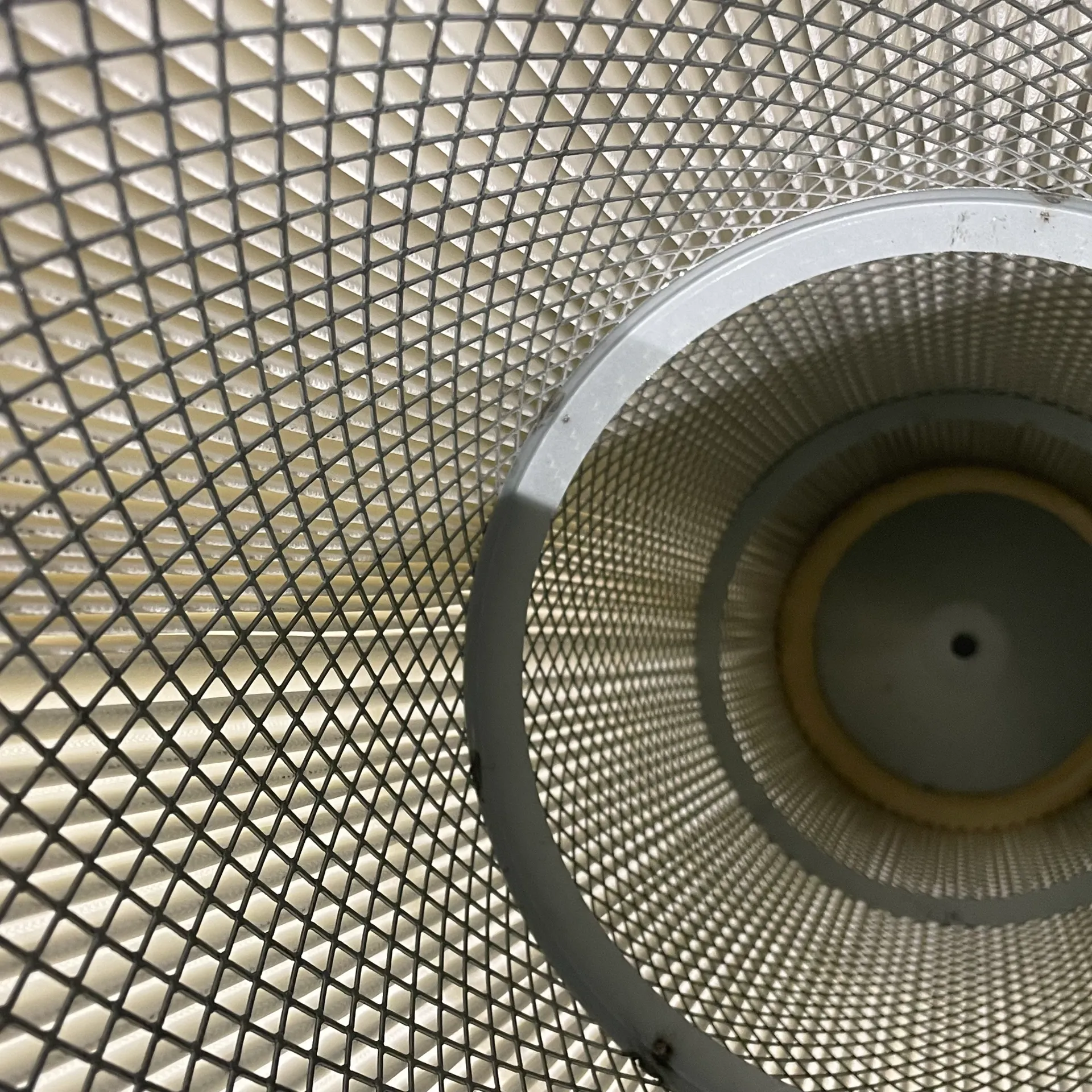 Tel:
+8615930870079
Tel:
+8615930870079
Dez. . 19, 2024 06:02 Back to list
cartridge dust collector filter
The Importance of Cartridge Dust Collector Filters in Industrial Applications
In the modern industrial landscape, the control of airborne pollutants is not only a matter of regulatory compliance but also a significant concern for the health and safety of workers. Among the various strategies employed to manage dust and particulate matter, cartridge dust collector filters have emerged as a crucial component in ensuring clean air in work environments. This article explores the significance of cartridge dust collector filters, their functionality, and their role in enhancing operational efficiency.
What are Cartridge Dust Collector Filters?
Cartridge dust collector filters are specially designed filtration devices used in dust collection systems to capture and remove particulate matter from the air. These filters are typically cylindrical in shape and are made from a variety of materials, including pleated synthetic media, which offers a large surface area for effective filtration. The design allows for high filtration efficiency, making these filters ideal for a wide range of applications across diverse industries, including manufacturing, woodworking, food processing, and pharmaceuticals.
How Do They Work?
The operation of cartridge dust collector filters involves a few essential steps. First, the contaminated air enters the dust collector, where it is directed through the filter cartridges. As the air passes through these cartridges, dust and other airborne particles are trapped on the surface or within the media of the filter. Clean air is then released back into the environment. The effectiveness of this filtration process depends on several factors, including the type of filter media used, the flow rate of the air, and the characteristics of the particulate matter being collected.
To maintain optimal performance, cartridge filters are often equipped with a cleaning mechanism, such as reverse pulse jet cleaning. This method involves periodically blowing pressurized air back through the cartridges to dislodge the accumulated dust, allowing for continuous operation without significant loss of efficiency.
Benefits of Cartridge Dust Collector Filters
cartridge dust collector filter

1. Enhanced Air Quality The primary advantage of using cartridge dust collector filters is the significant improvement in air quality. By effectively capturing harmful particulates, these filters help create a safer and healthier work environment for employees, reducing the risk of respiratory issues and other health concerns.
2. Regulatory Compliance Many industries must adhere to strict environmental regulations regarding air quality. Cartridge filters enable companies to meet these standards by controlling emissions of dust and particulates, thereby avoiding potential fines and legal consequences.
3. Cost-Effectiveness While there may be initial investments involved in installing cartridge dust collection systems, the long-term savings can be substantial. Improved air quality can lead to lower healthcare costs for employees and reduced expenditures related to equipment maintenance and cleaning, as dust accumulation can cause wear and inefficiencies.
4. Versatility and Customization Cartridge dust collector filters can be tailored to meet the specific needs of various environments and applications. Whether for high-temperature processes, explosive dusts, or fine particulates, there are filter options available that cater to different industrial requirements.
5. Energy Efficiency Modern cartridge systems are designed to maximize airflow while minimizing energy consumption. Efficient filtration means less energy is required for the system to operate, which contributes to reduced operational costs and a lower carbon footprint.
Conclusion
Cartridge dust collector filters play an indispensable role in industrial dust management, offering a reliable solution for maintaining air quality and ensuring occupational safety. As industries continue to evolve, the importance of effective dust collection solutions like cartridge filters cannot be overstated. Investing in high-quality filtration systems is not only a strategic choice for compliance and operational efficiency but also a commitment to the well-being of employees and the environment. In today’s environmentally conscious world, enhancing air quality through advanced filtration technology has become a priority that no industry can afford to ignore.
-
Types and Applications of Air Filtration CartridgesNewsJul.28,2025
-
The Role of Gas Turbine FiltersNewsJul.28,2025
-
Mastering Air Filter Cartridge UseNewsJul.28,2025
-
Advanced Turbine Filters for Modern Gas TurbinesNewsJul.28,2025
-
Cellulose Air Filter Cartridge Advantages in Dust FiltrationNewsJul.28,2025
-
Cellulose Filters for Air Particle ReductionNewsJul.28,2025

 Email:
Email:





